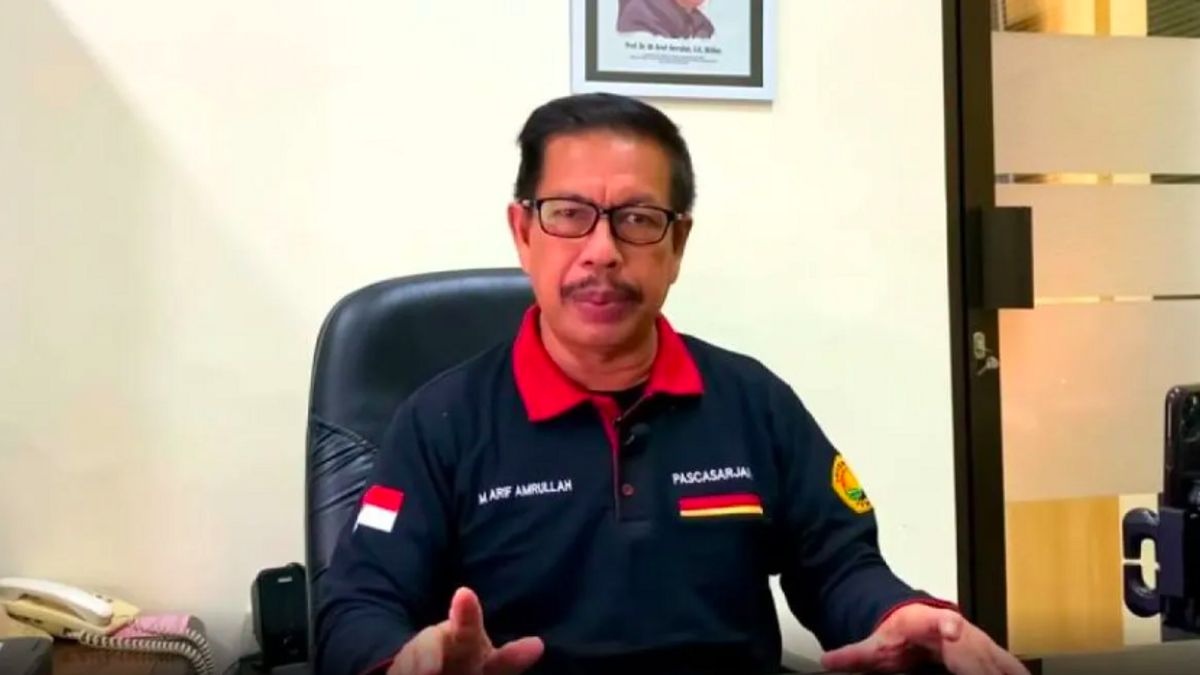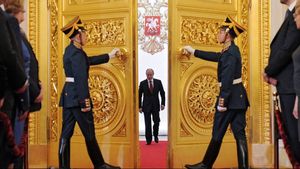JAKARTA - Professor of Criminal Law at the University of Jember (Unej), Prof. Arief Amrullah, emphasized that the refund of the proceeds of corruption should not be an excuse to remove criminal charges against the perpetrators.
According to Prof. Arief, this is in accordance with the provisions of Article 4 of Law Number 31 of 1999 concerning the Eradication of Criminal Acts of Corruption. This statement was made in response to the government's discourse on considering forgiveness for corruptors if they returned the proceeds of the crime.
"The principle is that crime doesn't pay (crime doesn't bring profit, ed.). Don't let the perpetrators actually benefit from their actions. If the return of state losses is only a challenge, it can be accepted, but that doesn't mean the perpetrator is released from criminal charges," said Prof. Arief when contacted from Jakarta, as quoted by ANTARA.
Article 4 of the Corruption Eradication Law firmly states that the return of state financial losses or the state economy does not abolish criminal charges against perpetrators of criminal acts as regulated in Article 2 and Article 3 of the law.
Furthermore, Prof. Arief reminded that if forgiveness is granted by removing criminal charges, this can create the perception that corruption is an act that does not have serious legal risks.
Giving a pardon like this will only weaken efforts to eradicate corruption. In addition, the public can see it as an inconsistency of President Prabowo Subianto's government," he added.
He also appealed to government officials to be wiser in submitting statements to the public, so as not to cause confusion in the community.
Previously, Indonesian President Prabowo Subianto had conveyed in Cairo, Egypt, Wednesday (18/12) that corruptors could be given the opportunity to repent if they were willing to return their crimes to the state. The President also suggested that the return be made in private so that it is not known to the public.
VOIR éGALEMENT:
Responding to this, the Coordinating Minister for Law, Human Rights, Immigration and Corrections (Menko Kumham Imipas), Yusril Ihza Mahendra, explained that the discourse was part of a plan to grant amnesty and abolition.
However, the Minister of Law Supratman Andi Agtas emphasized that the President's statement was not intended to allow perpetrators of corruption to be free from legal entanglement.
At the Peak of the 2024 National Christmas Celebration in Jakarta, Saturday, December 28, the President reiterated that he would not forgive corruptors, but still asked them to return the money from corruption.
The English, Chinese, Japanese, Arabic, and French versions are automatically generated by the AI. So there may still be inaccuracies in translating, please always see Indonesian as our main language. (system supported by DigitalSiber.id)












